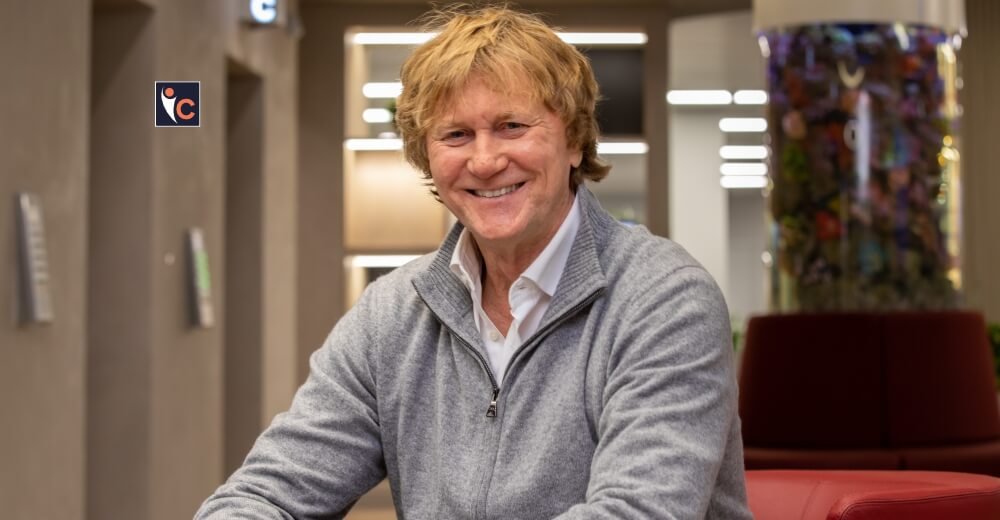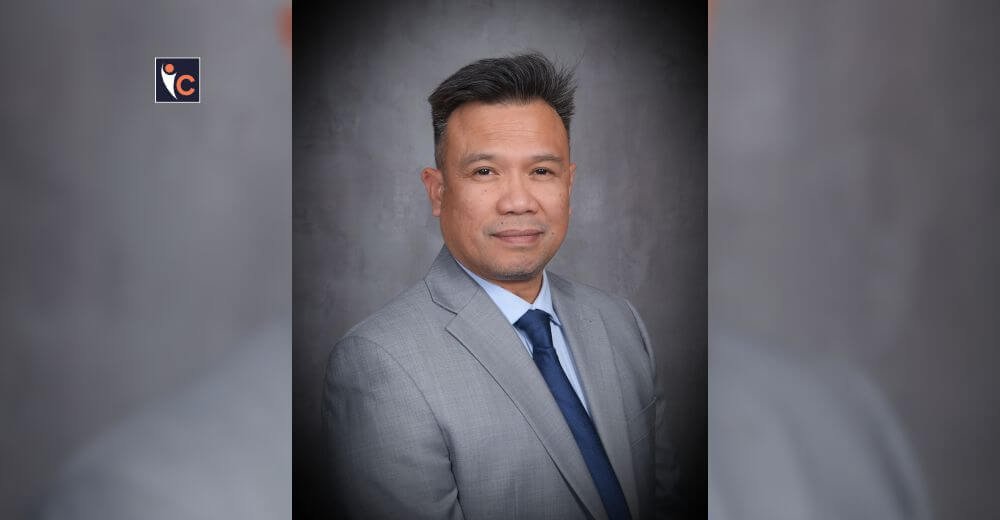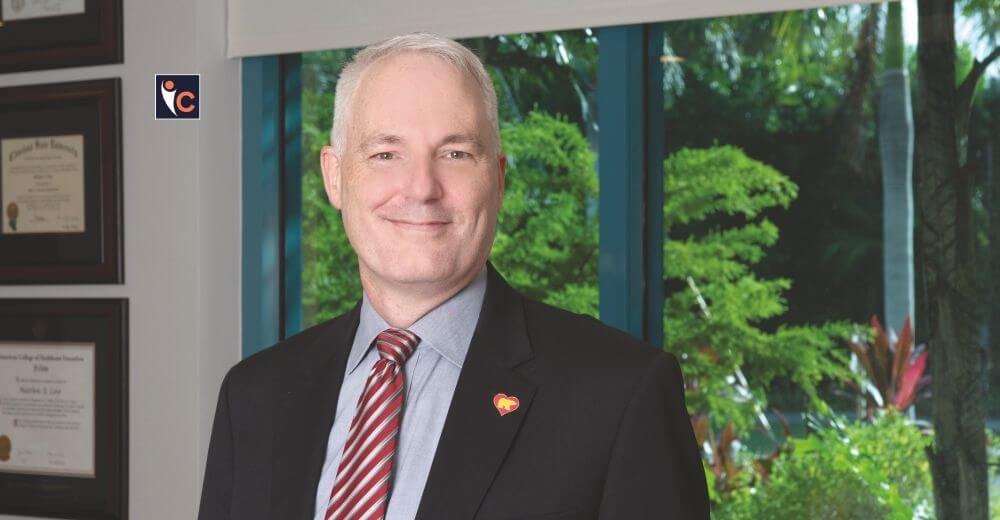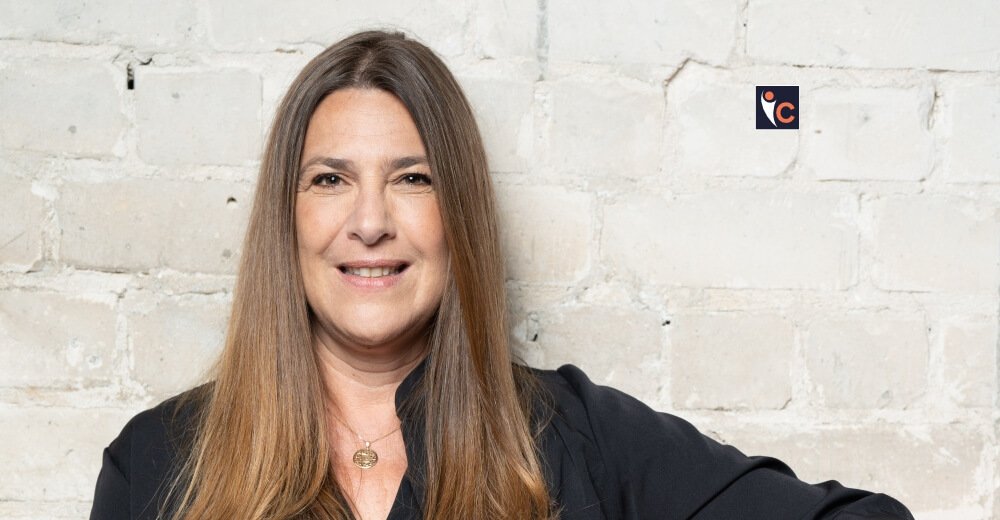Over the last few decades, CROs have evolved into more than just a simple outsourced resource in the pharmaceutical sector. They are specialists in the field, active participants in clinical trials, and significant contributors to the industry’s success.
The COVID-19 pandemic has spotlighted the pharmaceutical sector, piquing public interest in the clinical development process. It is widely acknowledged that without the assistance of CROs, the industry’s most recent advancements and clinical accomplishments during the pandemic would not have been conceivable.
CROs swiftly adopt new technology, allowing them to deliver unique insights and recommendations by finding new and innovative methods to use advanced tools and tailoring them to each sponsor’s needs to ensure optimal clinical trial performance. Some CRDOs even have their distinct services. This is where Artialis comes into the spotlight.
Artialis offers preclinical, clinical and biotesting services to support product development from research to post-marketing authorization stages and is an expert in musculoskeletal disorders (bone, cartilage, muscle, tendon, and ligament), inflammatory conditions, and healthy aging.
The company supports its clients (from Pharma, Biotech and Food supplement industries) during all stages of their product development plan.
Under the leadership of Prof Yves Henrotin, Founder and Executive President, Artialis provides tailor-made clinical trial solutions, including innovative endpoints, such as soluble biomarkers, medical imaging (X-ray, MRI), and gait and motion analyses. This association of preclinical and clinical expertise reinforces the translational value of each study.
The Legacy
Artialis is a CRDO, Contract Research and Development Organization, located in Belgium.
From preclinical studies to post-marketing clinical trials, Artialis provides regulatory and scientific expertise, R&D support services, and tools to evaluate compounds’ clinical, structural, and biological impact.
Artialis offers state-of-the-art study design and management of in vitro and in vivo preclinical studies, including gold-standard endpoints (macroscopy, histology) and innovative tools of evaluation, such as soluble biomarkers, imaging, pain, and gait and motion analyses.
In-vitro, Artialis has developed cell culture models (chondrocytes, synoviocytes, muscles, bone and inflammatory cells) to study the cytotoxicity, the catabolic and anabolic effects, the anti-inflammatory properties, and the mode of action of candidates.
Artialis also offers an extensive portfolio of exclusive and innovative biomarkers and specializes in selecting and validating external ELISA kits. In addition, the company can design and develop specific on-demand biomarkers supporting each step of the client’s product development.
Although Artialis is specialized in MSK field and aging related diseases, it is also active in other domains like gastroenterology and infectiology. Regarding clinical trials, among all that have been managed by Artialis, a recent one has suited a lot of interest and shows major and positive results of food supplement for COVID 19 hospitalized patients.
Significant Enrichment
Two scientific societies have significantly improved clinical research on osteoarthritis and cartilage regeneration. It is the Osteoarthritis Research Society International (OARSI), which is the leading medical society for advancing the understanding, early detection, treatment, and prevention of osteoarthritis (OA), and the International Cartilage Regeneration and Joint Preservation (ICRS), which is the main forum for international collaboration in cartilaginous tissue research.
They have produced a series of guidelines for the design and conduct of clinical trials and for assessing tissue lesion and cartilage repair in animal models.
These guidelines are helpful for clinical research organizations active in the rheumatological field. The follow-up of those guidelines allows a better standardization of the preclinical and clinical research activities.
Continuum of Quality Assured Services
All Articles activities are based on high-quality standards: from ISO certifications to international guidelines, from preclinical to manufacturing, skilfully integrated by the Quality assurance officer.
Artialis is a unique CRO as it can support products from “bench to bedside.” in all medical fields. Indeed, the company recently became a CRDO, ‘Contract Research and Development Organization.’
The company proposes services to support product development from research to post-marketing authorization stages with a team of experts ensuring a complete and personalized follow-up. Artialis offers a variety of services, from preclinical stages (in vitro and in vivo) to clinical stages, including biotesting services to fulfill the requirements of a development plan in the same facility. Most notably, Artialis has high expertise in the development of soluble biomarkers to monitor product efficacy in animals and humans.
This can be immunoassays or mass spectrometry analysis to quantify drug targets in any biological fluid. Artialis team is comprised of Ph.Ds. Its team of experts in the field is keen on offering the best services on the market.
Artialis offers a large panel of cell culture and preclinical models (in vivo) for studying innovative treatments. Importantly, Artialis owns a high technological platform to evaluate the efficacy of treatments on pain and mobility during in vivo studies. Artialis helps you design your research and development plan in line with the product positioning.
Artialis is unique as it develops biological analysis allowing it to monitor product efficacy during all stages of its development. Furthermore, the company offers a translational approach from cells to patients while respecting the highest quality standards and regulatory requests.
Exhibiting Excellence
Artialis is a human-size company with sixteen employees, each an expert in their field of work. The executive committee is comprised of four people bestowed below:
Prof Yves Henrotin: Founder, Chairman of the Board, and President
Prof Yves Henrotin is a professor of Pathology, Physical Therapy, and Rehabilitation and Director of the musculoSKeletal Innovative research Lab (mSKIL) at the University of Liège (Belgium).
He is the ‘Head of the Physical Therapy and Rehabilitation Department’ at the Princess Paola Hospital (Vivalia, Belgium) and an active member of the Osteoarthritis Research Society International (OARSI), the French Society of Rheumatology, and the International Cartilage Repair Society (ICRS), and the European Viscosupplementation Consensus Group (EUROVISCO). He is also the founder and President of The Osteoarthritis Foundation.
Dr Bérénice Costes: Chief Operating Officer
Dr Bérénice comprehends ten years of experience in academic research and more than 12 years of experience in the life science industry. She is a specialist in clinical research with expertise in musculoskeletal and age-related disorders.
Dr Melanie Uebelhoer: Chief Scientific Officer
With 14 years of experience in academic research and two years of industry experience in a CRO, Dr Melanie is a specialist in R&D activities with expertise in managing large team-driven research projects and scientific communication.
Dr Sandra Pietri: Chief Business Officer
Dr Sandra is a specialist in non-clinical and R&D activities with expertise in orthopedics and musculoskeletal disorders. She comprehends eight years of experience in academic research and eleven years of industry experience in a Cell therapy company.
Pearls of Wisdom
Sharing his opinions on how the adoption of modern technologies like AI and ML is impacting the CRO industry, Prof Yves Henrotin said, Artificial Intelligence and Machine Learning are part of our strategic development plan.
We are a member of a large European consortium in which AI and ML are used to develop an algorithm to identify patient phenotype and predict disease development and treatment responses. We are also looking for a partnership to co-develop an algorithm predictive of subjects’ responses to placebo or to simulate patient cohorts.
These two areas are included in our strategic plan and constitute a priority for our company.
We have also just completed the digitalization of our clinical and preclinical activities. This achievement allows us to save time, limit data transcription errors, and improve the quality of our services. In collaboration with a local partner, we have recently developed an application allowing rapid screening of patients and thus accelerating recruitment.
Time is important for our customers, and we do everything we can to reduce the duration of clinical studies.
In preclinical, AI is used routinely to quantify structural and functional parameters. For structural changes, histology is a key parameter; AI helps rapidly and accurately quantify specific staining (standard histology) or targets (using immunofluorescence) and allows to gain time and quantify larger regions of interest. For functional evaluation in preclinical, AI is used for the Digital Weight Bearing analysis and during the in-life phase of animals.
This analysis allows one to register the animal weight repartition on the four paws and clearly identify the treatment efficacy on this parameter in OA models. Finally, one of our commitments is to keep a watch on technologies allowing tissues and biological analysis.
Recently, we have managed proteomics analyses of many sera to identify drug targets, mode of action of the drug and identify companion biomarkers.
Words of Inspiration
Advising the budding aspirants willing to venture into the healthcare niche, Prof Yves Henrotin shared, “To have a good prototype. Avoid jumping in too quickly. This will allow you to maintain control of your project and not fall prey to financial predators.”
“Think carefully about your development plan and correctly estimate the duration and costs of the different development phases. To find enough funds to support product development and a good financial or industrial partner.”
“To be determined, courageous and patient and to find a good partner to accompany you on this long and winding road. This is exactly the mission of Artialis.” – Prof Yves Henrotin.
Embracing the Future Roadmap
The executive team plans to multiform the MSK business with gastroenterology. In this way, Artialis expects to double its turnover in 2025. The company envisions having an affiliate office in strategic countries to extend its operation worldwide.
Recognition of Achievements
Artialis has been listed amongst the TOP 10 Bioanalytical services companies in Europe in 2021 by Life Sciences Review.
Artialis is listed on ICH GCP as a Clinical Research organization.
Artialis is accredited “Crédit Impôt Recherche” and “Crédit Impôt Innovation” allowing French companies to finance their research and development and product development activities.
Artialis is ISO 9001 compliant, guaranteeing the quality processes and the satisfaction of its customers.
Artialis’ animal facility is accredited AAALAC. That means that Artialis complies with the standards for humane treatment of animals used in research and testing.










